Discover the countries where anti-U.S. sentiment could impact your travel plans and how to navigate your global adventures wisely.
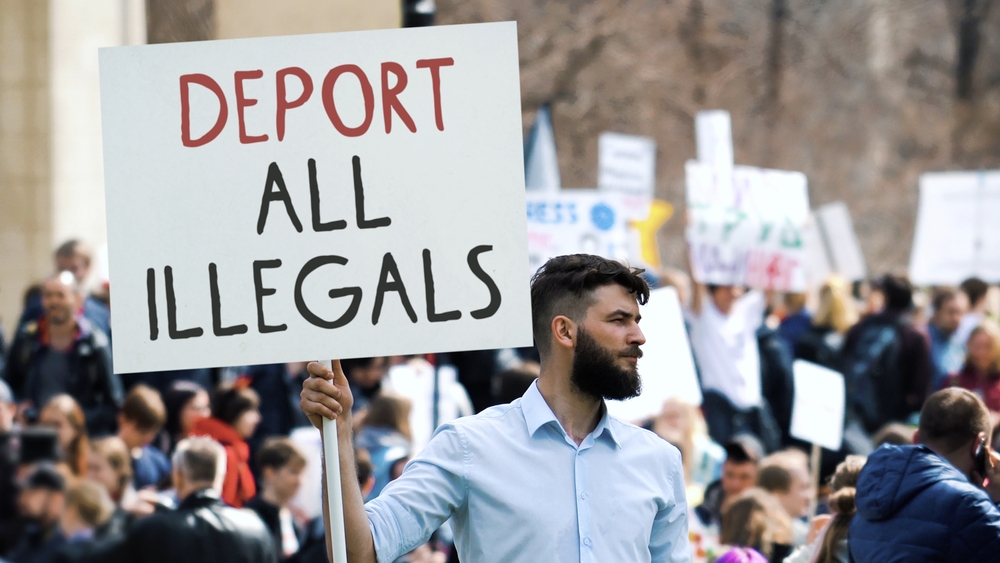
While most destinations welcome visitors with open arms, some countries have political or cultural tensions that make them less friendly to Americans. Whether due to historical grievances, current events, or cultural misunderstandings, traveling to these places could result in uncomfortable or even risky situations.
In this article, we’ll explore 11 surprising countries where Americans might not feel welcome and offer insights on why they’re best avoided or approached with caution.
1. North Korea’s Strict Regime Enforces Tight Control and Potential Risks
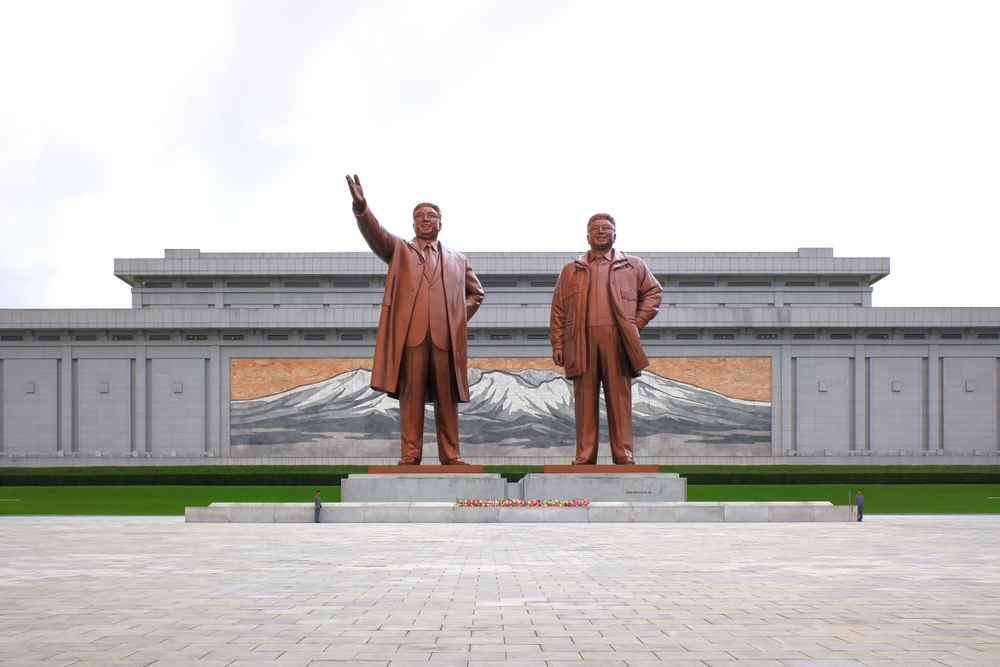
North Korea is one of the most restrictive countries for travelers, particularly Americans. Visitors are constantly monitored, and movement is tightly controlled by government-assigned guides. Breaking even minor rules, like taking unauthorized photos or speaking out against the regime, can lead to severe consequences, including detention. Political tensions between the U.S. and North Korea amplify these risks. While the country’s history and culture are fascinating, the lack of freedom and heightened danger make it an unadvisable destination for American tourists.
2. Iran’s Complicated Relations with the U.S. Create Challenges for Visitors
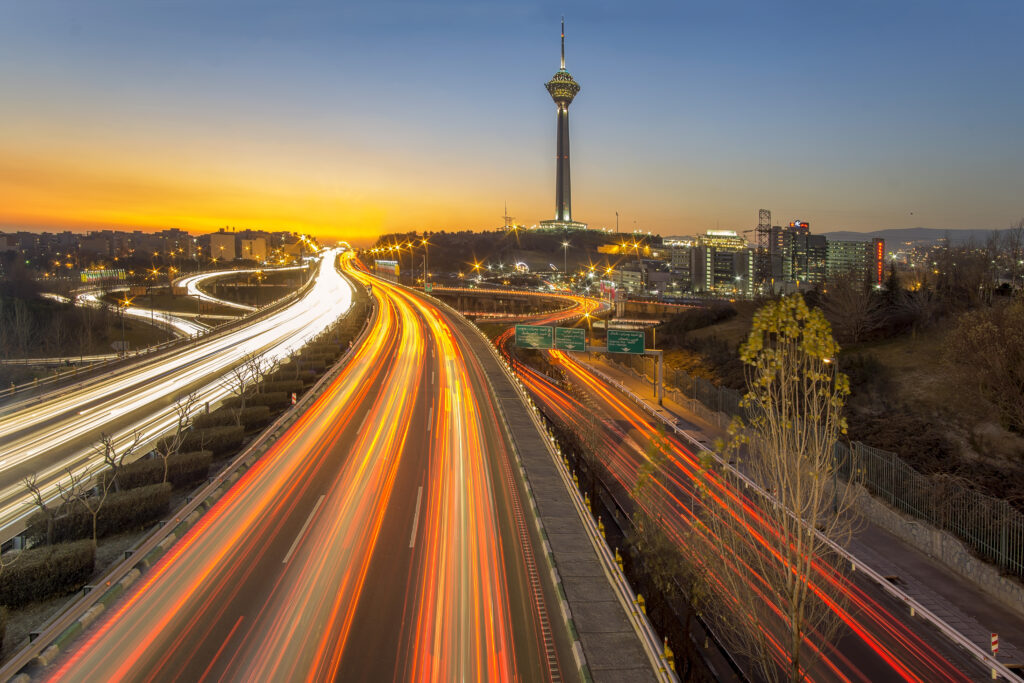
Despite its rich culture and stunning landmarks like Persepolis, Iran remains a difficult destination for Americans due to strained diplomatic relations. U.S. citizens face a lengthy visa process and must travel as part of an organized tour. Even with guided itineraries, heightened scrutiny and potential political tensions can create uncomfortable situations. While Iranian hospitality is renowned, the broader geopolitical climate and risks of miscommunication with authorities make Iran a challenging and potentially unsafe choice for American travelers.
3. Venezuela’s Economic and Political Instability Heightens Safety Concerns
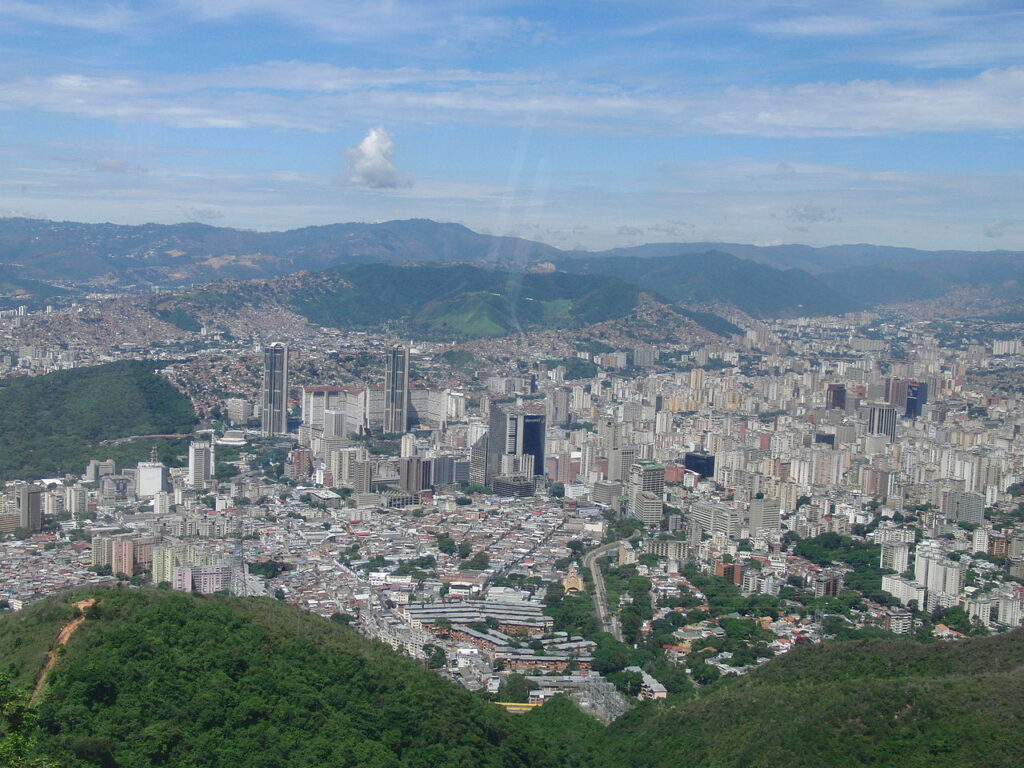
Venezuela’s economic crisis and political unrest have resulted in widespread crime, including theft, kidnapping, and scams targeting foreigners. Americans face additional risks due to limited diplomatic ties and strained relations with the U.S. government. Basic resources, including medical care and transportation, are often scarce, further complicating travel. Despite its natural beauty and rich culture, the unstable environment makes Venezuela a high-risk destination for American travelers, best avoided until significant improvements in safety and stability occur.
4. Russia’s Political Climate Often Results in Heightened Scrutiny of Americans
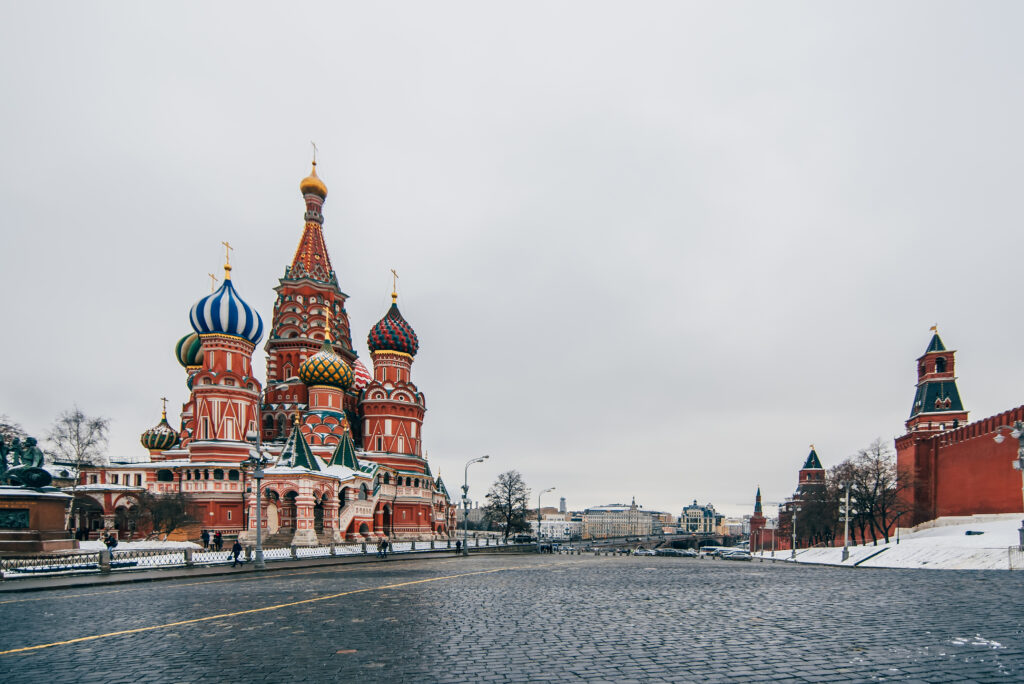
Russia’s geopolitical tensions with the U.S. have led to increased surveillance and scrutiny of American travelers. Visitors may encounter difficulties with visas, monitoring by authorities, or misunderstandings about cultural norms. While Russia boasts incredible cultural and historical sites, including the Kremlin and Hermitage Museum, these challenges can detract from the experience. Travelers should exercise extreme caution, follow local laws diligently, and stay informed about current political dynamics when considering Russia as a destination.
5. China’s Political Policies and Surveillance May Limit Americans’ Freedom
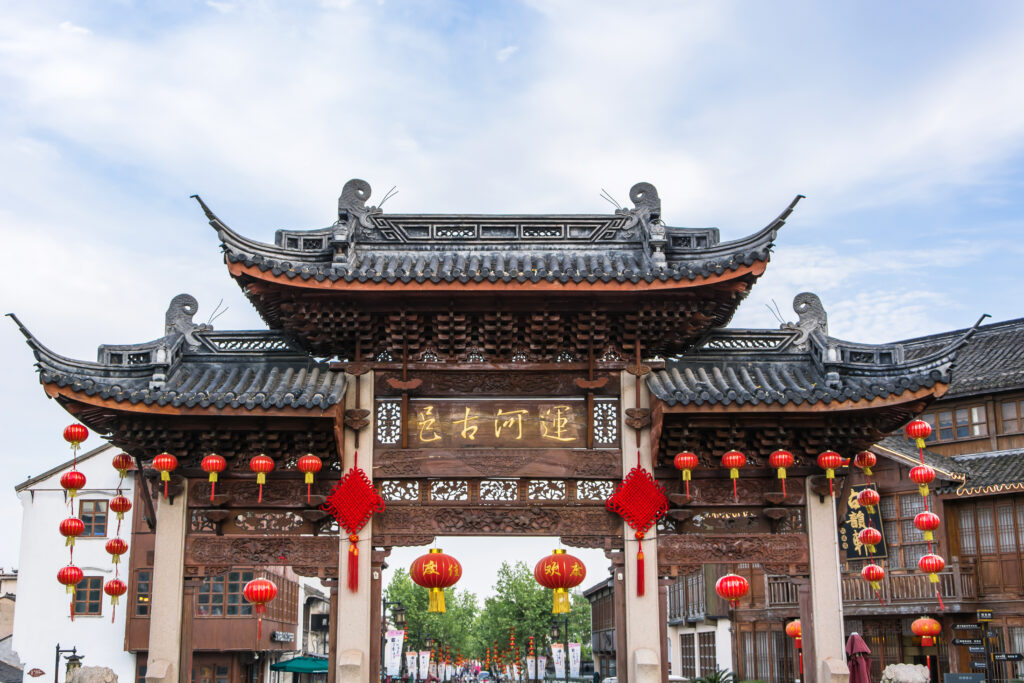
China’s surveillance-heavy environment and increasing political tensions with the U.S. can make travel uncomfortable for American visitors. Monitoring of personal devices, restrictions on internet access, and limited freedom of expression are common challenges. Criticism of government policies or unintentional cultural missteps can lead to complications. While China offers awe-inspiring landmarks like the Great Wall and Terracotta Army, travelers must prepare for these restrictions and evaluate whether the experience aligns with their comfort level.
6. Turkey’s Shifting Political Landscape Can Pose Risks for American Travelers
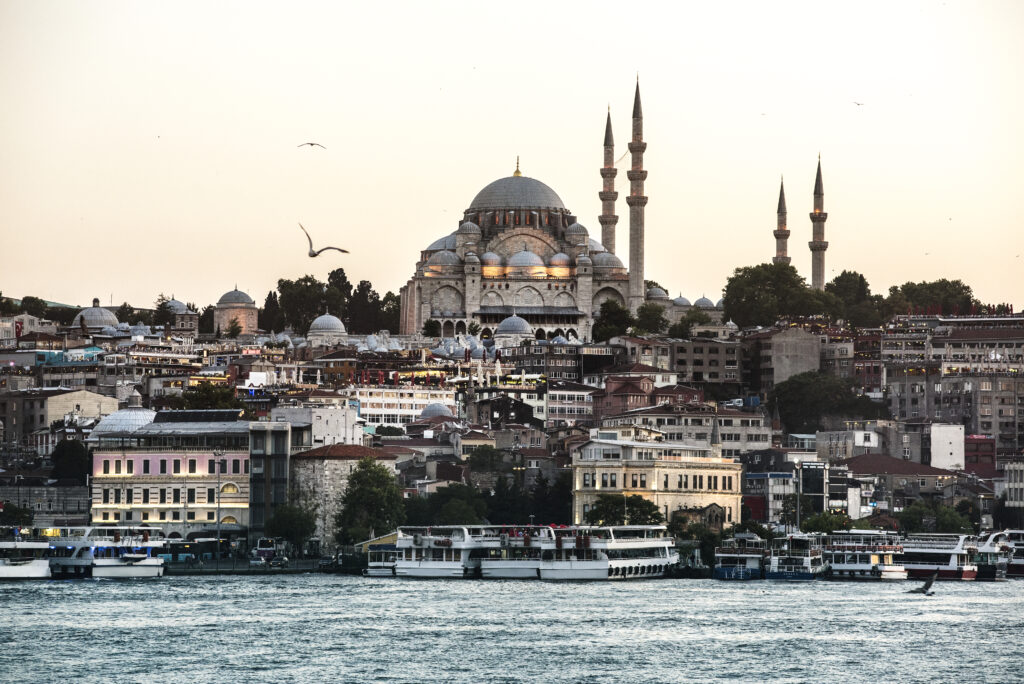
Turkey’s rich history and vibrant culture make it a popular travel destination, but political unrest and anti-American sentiment in certain regions can create challenges for U.S. visitors. Protests or clashes in urban areas occasionally pose risks, and heightened scrutiny at border crossings can lead to delays or discomfort. Travelers are advised to avoid discussing sensitive topics and to stay in well-traveled areas. With thorough preparation, Turkey remains accessible, but caution is essential for a safe experience.
7. Cuba’s Complicated Relationship with the U.S. Makes Travel Tricky
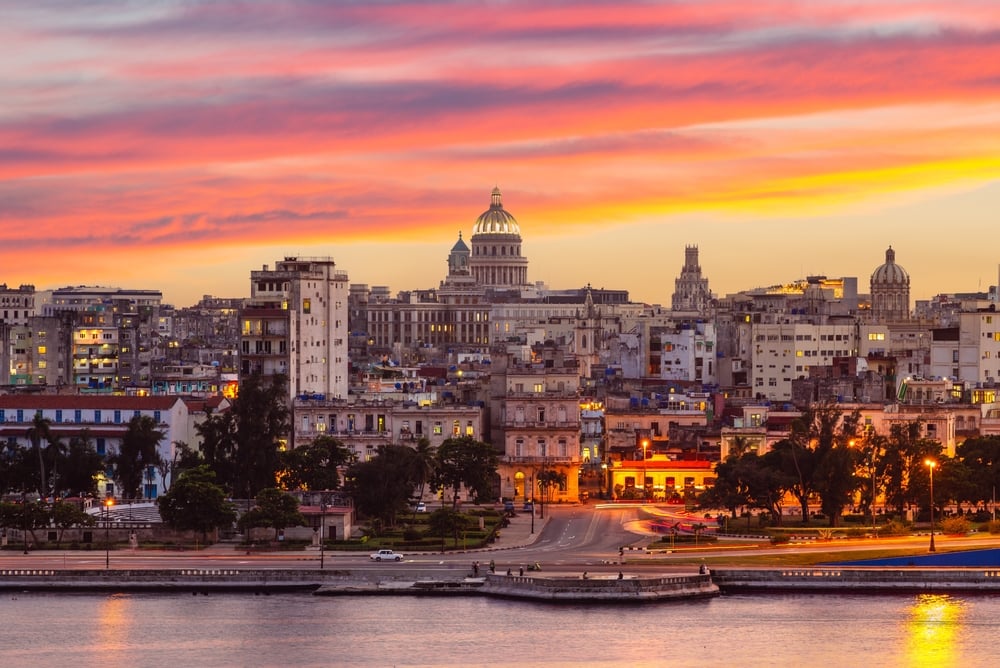
Cuba’s history of strained relations with the U.S. affects American travelers in terms of strict regulations and limited consular support. Travel restrictions require Americans to adhere to specific categories of entry, such as educational or cultural purposes, and violations can lead to legal issues. While Cuba’s vibrant music, architecture, and culture are enticing, navigating the legal and logistical hurdles can be challenging. Americans should carefully research current policies and ensure compliance to enjoy a safe and smooth trip.
8. Afghanistan’s Ongoing Conflict Creates an Unsafe Environment for Americans
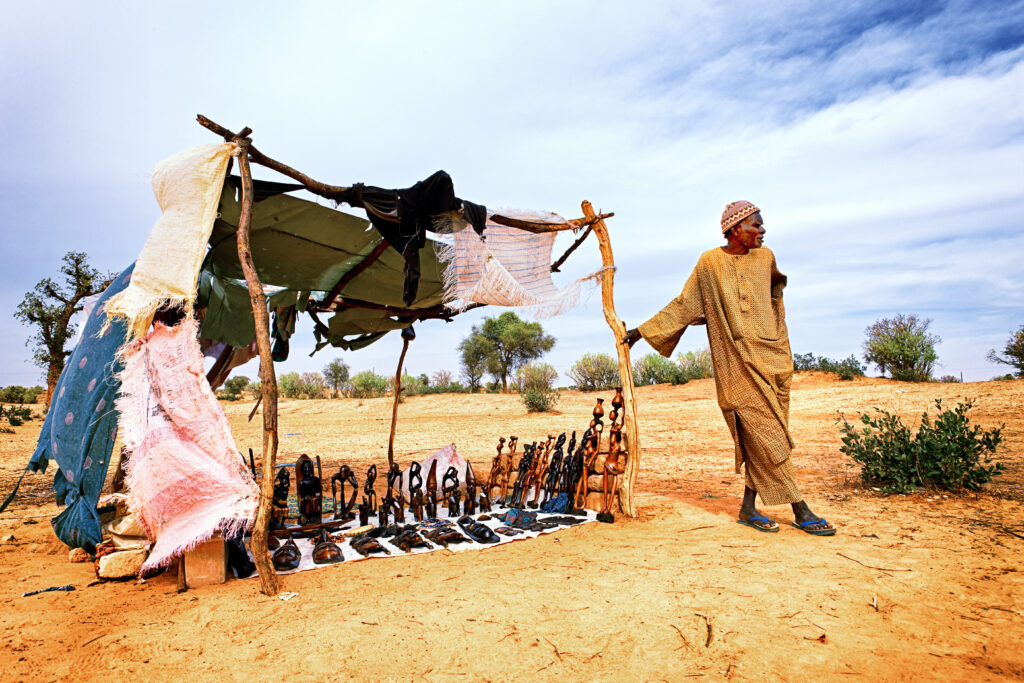
Afghanistan’s history of conflict and instability, combined with limited infrastructure, makes it one of the most dangerous destinations for Americans. The risk of terrorist activity, political unrest, and kidnappings is significant, particularly for U.S. citizens, who may be targeted due to strained diplomatic ties. While the country’s cultural heritage and natural beauty are remarkable, the current security situation overshadows its appeal. Afghanistan is not recommended for leisure travel until peace and stability are restored.
9. Yemen’s Ongoing Crisis Poses Significant Dangers for Visitors
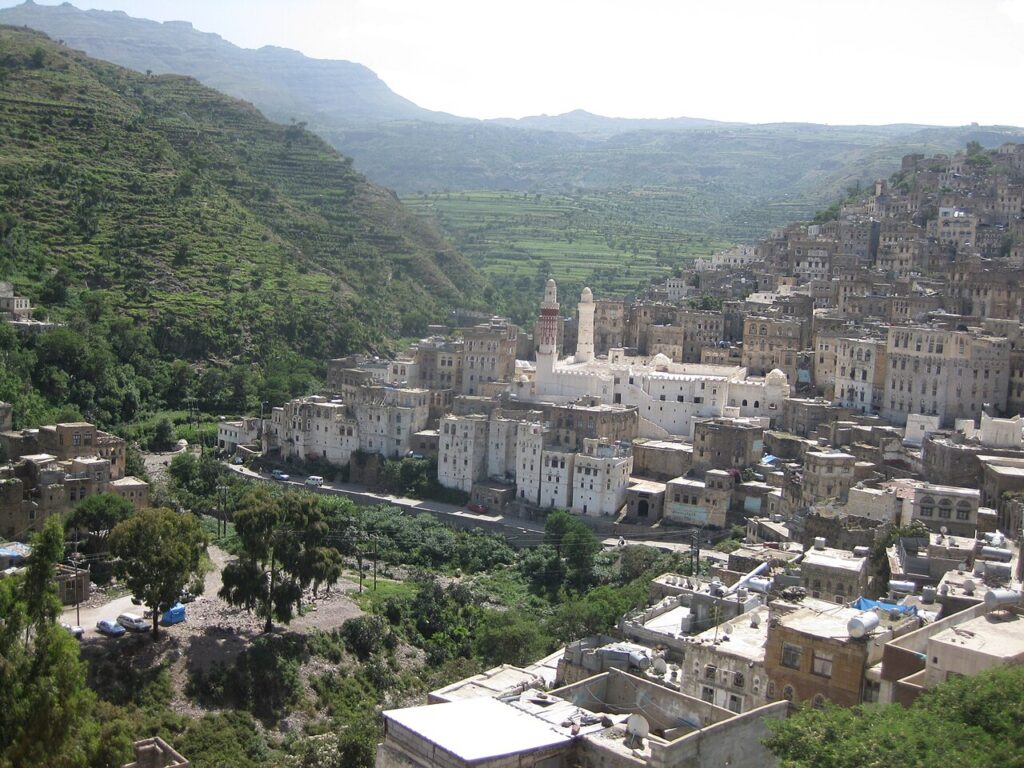
Yemen’s civil war and humanitarian crisis make it one of the riskiest destinations in the world. Infrastructure is severely damaged, and widespread insecurity makes travel extremely dangerous, particularly for Americans. Diplomatic relations with the U.S. are strained, and the risk of being caught in politically motivated incidents is high. Despite Yemen’s ancient architecture and stunning landscapes, its ongoing conflict renders it unsuitable for tourism. Safety concerns outweigh any potential benefits of visiting at this time.
10. Saudi Arabia’s Cultural Restrictions and Limited Diplomatic Ties Impact Americans
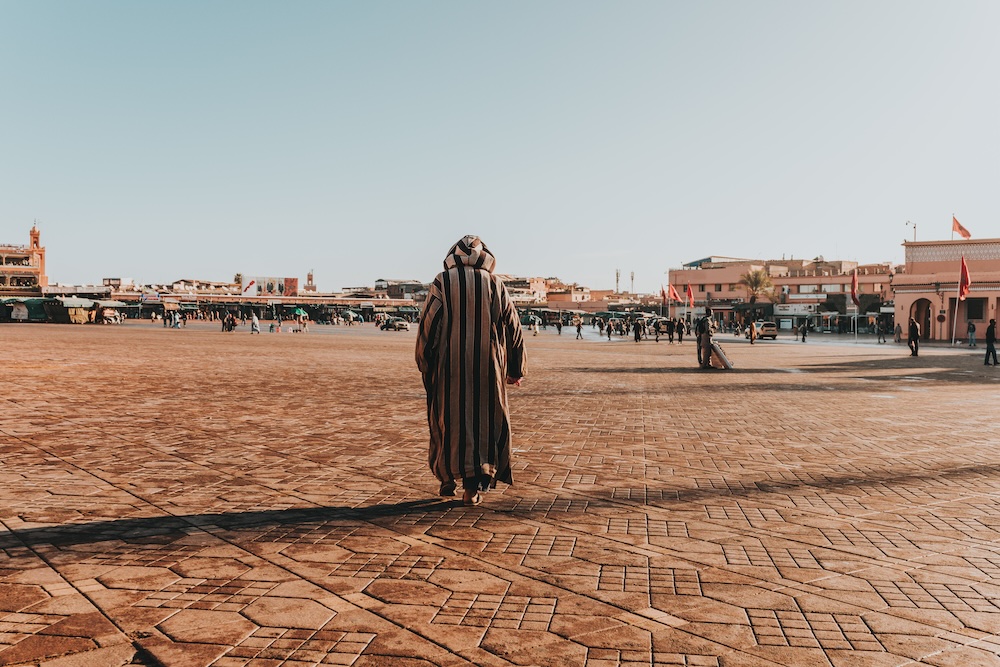
Saudi Arabia’s strict cultural norms and conservative laws can be challenging for American travelers to navigate. Gender segregation, dress codes, and restrictions on public behavior must be adhered to at all times. Although the country has made efforts to boost tourism, anti-American sentiment exists in some areas, and cultural missteps can result in severe consequences. Travelers should research thoroughly, respect local customs, and weigh the challenges before planning a trip to this complex and regulated destination.
11. Pakistan’s Political Tensions Create Challenges for American Travelers
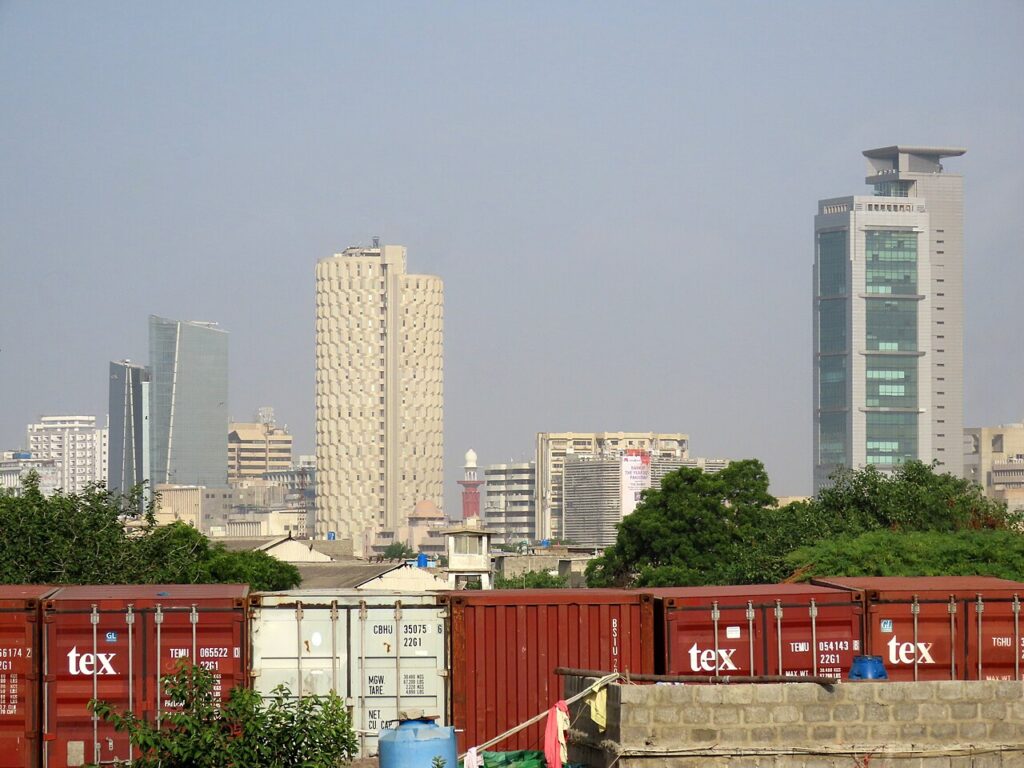
Pakistan’s stunning landscapes and historical landmarks, such as the Karakoram Mountains and Lahore Fort, attract adventurous travelers, but political instability and security concerns make it a high-risk destination for Americans. The U.S.-Pakistan relationship remains complicated, and certain regions are unsafe due to terrorism or unrest. Travelers should stay informed about local conditions, adhere to government travel advisories, and consider the risks before visiting. While parts of Pakistan are welcoming, the overall climate requires careful planning and caution.
